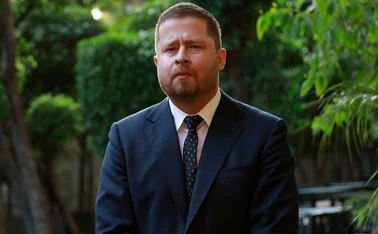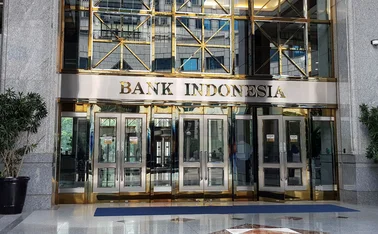
Putin signs federal banking law in Russia
Reference: AK&M, "President Putin signed banking draft laws from the IMF's package," Vremya Nostei, June 21, 2001, p.5; "President Putin helps bankrupted banks" by I.Granik, Kommersant, June 21, 2001, p.2; "The President signed the IMF's package," Vedomosti, June 21, 2001, p.B3.
Both of the draft laws were submitted to the Duma under recommendation of the IMF. The first document strengthens the CB's control over credit organizations and their shareholders. The second draft law is supposed to increase transparency of credit organizations.
Kommersant reports that President Putin signed the package of laws that will toughen control over bankruptcy procedure and prevent removal of assets from bankrupted banks to other structures.
If these laws had been put into effect before the crisis of 1998, clients of the bankrupted banks would not have sustained such huge losses. Now bank executives will have to bear full responsibility for bankruptcy of their banks. For example, top managers and members of the boards of directors responsible for bankruptcy will not have right to take top positions in any other banks for five years.
Provisional administration will have right to appeal against any transaction concluded three years before the procedure in bankruptcy had been initiated. It means that assets removed from the bankrupted banks might be returned, unless the trustee in bankruptcy connives with the former management. Such a collusion may only be prevented by a tougher control by creditors. The committee of creditors will have right to appeal to the court of arbitration with the request to dismiss a trustee in bankruptcy in case the latter does not cope with the responsibilities.
The measures toughening control over the procedure in bankruptcy are supposed to prevent groundless bankruptcy of banks. Formerly revocation of a license meant that the procedure in bankruptcy was initiated. Now the bank is regarded bankrupt if after revocation of a license the value of the bank's property calculated in conformity with the CB's methods turns out to be less than the total amount of creditors' claims. Formerly it was possible to initiate the procedure in bankruptcy if a bank did not meet creditors' commitments and refused to execute due payments for one month.
The amendments also introduce the new regulations for revoking licenses - the license can be revoked if the capital of the bank drops to less than 2% of the due sufficiency of the capital.
Only users who have a paid subscription or are part of a corporate subscription are able to print or copy content.
To access these options, along with all other subscription benefits, please contact info@centralbanking.com or view our subscription options here: http://subscriptions.centralbanking.com/subscribe
You are currently unable to print this content. Please contact info@centralbanking.com to find out more.
You are currently unable to copy this content. Please contact info@centralbanking.com to find out more.
Copyright Infopro Digital Limited. All rights reserved.
As outlined in our terms and conditions, https://www.infopro-digital.com/terms-and-conditions/subscriptions/ (point 2.4), printing is limited to a single copy.
If you would like to purchase additional rights please email info@centralbanking.com
Copyright Infopro Digital Limited. All rights reserved.
You may share this content using our article tools. As outlined in our terms and conditions, https://www.infopro-digital.com/terms-and-conditions/subscriptions/ (clause 2.4), an Authorised User may only make one copy of the materials for their own personal use. You must also comply with the restrictions in clause 2.5.
If you would like to purchase additional rights please email info@centralbanking.com







